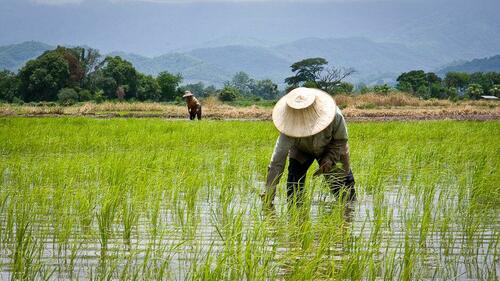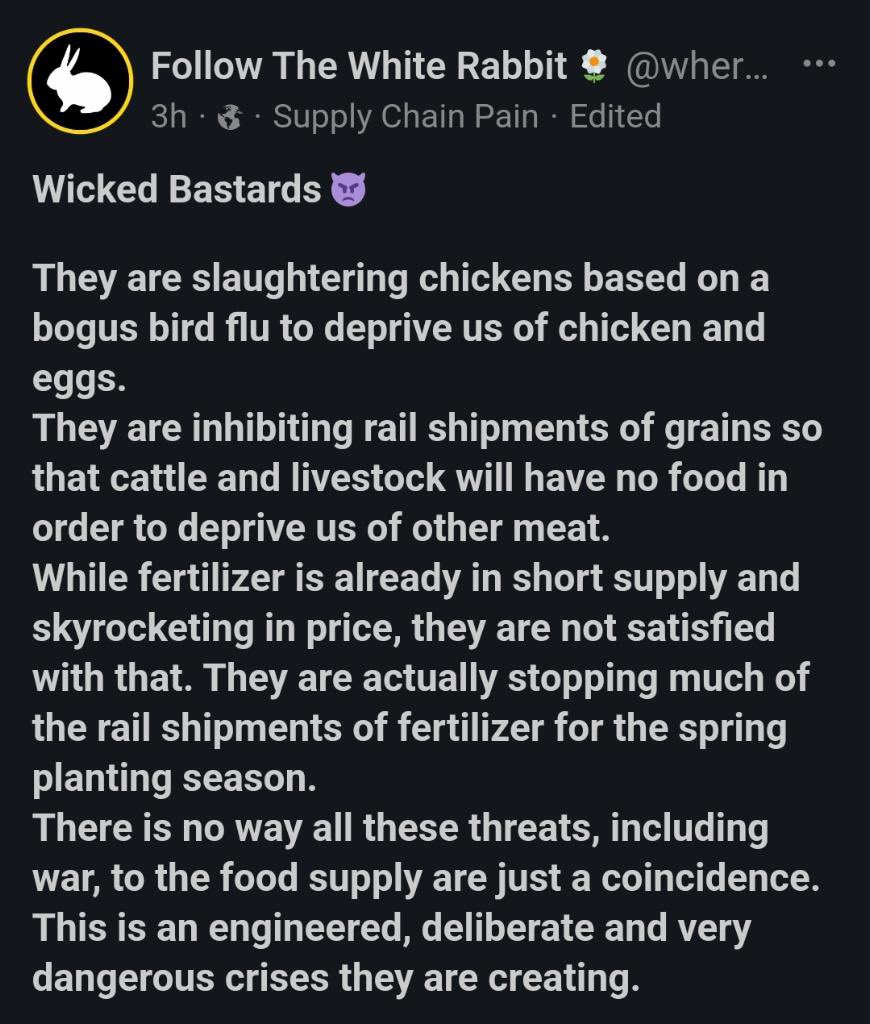Submitted by Hardscrabble Farmer
Isn’t it weird how no one- not ever- speaks about Nature’s fertilizer?
Alarming Signs Farmers Reduce Fertilizer May Wreck Crop Yields
There is growing concern farmers worldwide are reducing chemical fertilizer, which may threaten yields come harvest time, according to Bloomberg. The repercussions could be huge: Lower yields may exacerbate the food crisis.
There are alarming signs commercial farmers in top growing areas in the world are decreasing the use of essential nutrients — nitrogen, phosphorus, and potassium.
Revealed last week, SLC Agricola SA, one of Brazil’s largest farming operations, managing fields of soybeans, corn, and cotton fields in an area larger than the state of Delaware, will reduce the use of fertilizer by 20% and 25%.








